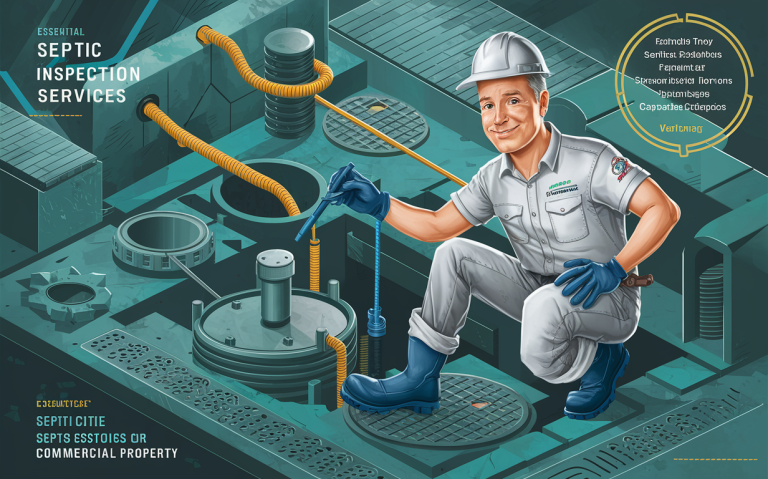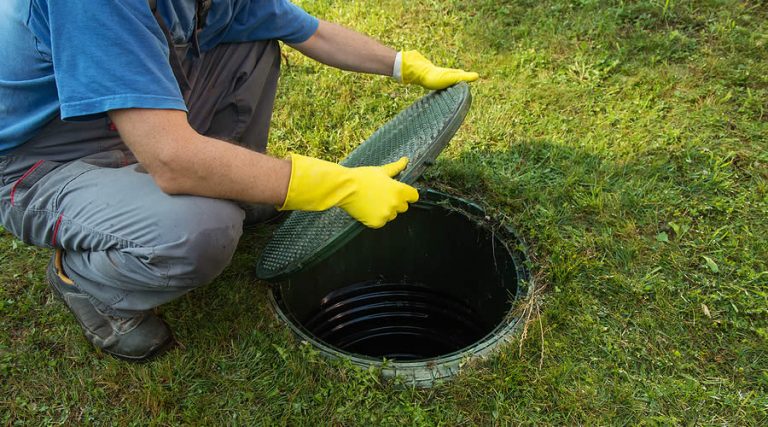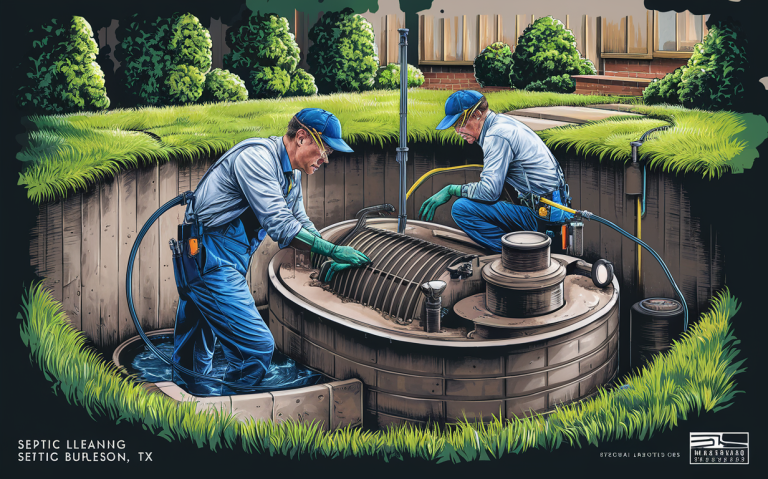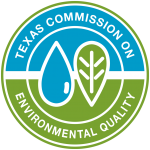Campground Septic Solutions: Clean, Green Camping
Campground septic solutions are essential for managing waste in outdoor recreational areas. These systems provide effective treatment and disposal of wastewater, ensuring a clean and safe environment for campers and the surrounding ecosystem.
Key takeaways:
- Campground septic systems are designed to handle varying loads and seasonal use
- Proper sizing and maintenance are crucial for system longevity
- Advanced treatment options can improve effluent quality
- Regular pumping and inspections are necessary for optimal performance
- Environmental regulations must be considered when planning and operating campground septic systems
Understanding Campground Wastewater Challenges
Campgrounds face unique challenges when it comes to managing wastewater. Unlike residential septic systems, campground facilities must deal with fluctuating usage patterns and diverse waste types. This can put a strain on traditional septic systems and requires specialized solutions.
Seasonal fluctuations in usage
One of the biggest hurdles for campground operators is the seasonal nature of their business. During peak camping seasons, the septic system must handle a much higher volume of waste than during off-peak times. This inconsistent usage can lead to system overload if not properly managed.
Varied waste types
Campgrounds often have to process a wide range of waste types. From RV dump stations to shower facilities and kitchen areas, the wastewater can vary greatly in composition. This diversity requires a robust system that can effectively treat different kinds of waste.
Limited space and environmental concerns
Many campgrounds are located in scenic areas with limited space for large septic systems. There’s also the added pressure of protecting the natural environment from contamination. These factors make it necessary to implement compact yet highly effective wastewater treatment solutions.
Choosing the Right Septic System for Your Campground
Selecting an appropriate septic system is crucial for the smooth operation of a campground. There are several factors to consider when making this decision.
Assessing your campground’s needs
Before choosing a septic system, it’s important to assess the specific needs of your campground. This includes estimating daily wastewater flow, considering peak usage periods, and evaluating the available space for system installation.
Types of campground septic systems
Several types of septic systems can be used in campground settings. These range from traditional gravity-fed systems to more advanced options like pressurized distribution systems and aerobic treatment units.
Considering future expansion
When planning your septic system, it’s wise to consider the potential future expansion of your campground. Choosing a system that can be easily upgraded or expanded can save time and money in the long run.
Advanced Treatment Options for Improved Effluent Quality
For campgrounds located in environmentally sensitive areas or those subject to strict regulations, advanced treatment options can be beneficial.
Aerobic treatment units
Aerobic treatment units use oxygen to break down waste more efficiently than traditional anaerobic systems. This results in cleaner effluent that’s safer for the environment.
Recirculating sand filters
Sand filters can be an effective secondary treatment option for campground septic systems. They help remove additional contaminants from the wastewater before it’s released into the drain field.
Constructed wetlands
For campgrounds with ample space, constructed wetlands can provide a natural and effective method of wastewater treatment. These systems mimic natural wetland processes to clean and filter wastewater.
Maintenance and Care of Campground Septic Systems
Proper maintenance is key to ensuring the longevity and effectiveness of your campground’s septic system.
Regular pumping schedule
Establishing a regular pumping schedule is crucial for preventing system overload. The frequency of pumping will depend on the size of your system and the volume of use.
Monitoring system performance
Regular monitoring can help catch potential issues before they become major problems. This includes checking for signs of system failure like slow draining or foul odors.
Educating campers about proper use
Educating your campers about what can and cannot be flushed or disposed of in the septic system can help prevent unnecessary strain on the system.
Regulatory Considerations for Campground Septic Systems
Campground operators must be aware of and comply with various regulations regarding septic systems.
Federal and state regulations
Both federal and state regulations govern the installation and operation of septic systems in campgrounds. It’s important to be familiar with these rules to ensure compliance.
Permitting process
Most jurisdictions require permits for the installation or modification of septic systems. Understanding the permitting process can help avoid delays in your campground development or expansion plans.
Environmental impact assessments
In some cases, an environmental impact assessment may be required before installing a new septic system. This helps ensure that the system won’t negatively affect the surrounding ecosystem.
Innovative Solutions for Campground Waste Management
As technology advances, new solutions are emerging for campground waste management.
Composting toilets
Composting toilets can be an excellent option for campgrounds looking to reduce their water usage and minimize their environmental impact.
Greywater recycling systems
Greywater recycling systems can help campgrounds conserve water by reusing lightly contaminated wastewater for purposes like irrigation.
Solar-powered treatment systems
For off-grid campgrounds, solar-powered treatment systems can provide an eco-friendly solution for wastewater management.
Cost Considerations for Campground Septic Solutions
While implementing effective septic solutions is crucial, it’s also important to consider the financial aspects.
Initial installation costs
The initial cost of installing a campground septic system can be significant. However, choosing the right system can lead to long-term savings.
Ongoing maintenance expenses
Regular maintenance is necessary for keeping your septic system in good working order. It’s important to factor these ongoing costs into your budget.
Potential for cost savings
While proper septic solutions require an investment, they can also lead to cost savings in the long run through reduced water usage and fewer system failures.
Green Valley Campground: Eco-friendly wastewater management
Green Valley Campground wanted to minimize its environmental impact. They implemented a combination of composting toilets and a constructed wetland system, significantly reducing their water usage and improving effluent quality.
Planning for the Future: Scalable Septic Solutions
As campgrounds grow and evolve, their septic needs may change. Planning for scalability can help ensure your system can meet future demands.
Modular system designs
Modular septic system designs allow for easy expansion as your campground grows. These systems can be added to or upgraded without completely replacing the existing infrastructure.
Phased implementation strategies
For campgrounds on a budget, phased implementation of septic solutions can spread out costs while still meeting current needs and allowing for future growth.
Adapting to changing regulations
As environmental regulations become stricter, having a flexible septic system that can be upgraded to meet new standards can save campgrounds from costly overhauls in the future.
Troubleshooting Common Campground Septic Issues
Even with the best planning and maintenance, issues can sometimes arise with campground septic systems.
Identifying signs of system failure
Early detection of septic system problems can prevent major issues. Signs to watch for include slow draining, foul odors, and wet spots in the drain field area.
Emergency response procedures
Having a plan in place for septic emergencies can help minimize disruption to your campground operations. This should include contact information for septic professionals and temporary solutions for waste management.
Preventative maintenance techniques
Regular inspections and proactive maintenance can help prevent many common septic issues. This includes things like cleaning filters and checking for leaks.
The Role of Professional Septic Services in Campground Management
While some aspects of septic system care can be handled in-house, professional services play a crucial role in maintaining campground septic systems.
When to call in the experts
Some tasks, such as system pumping and major repairs, should always be handled by professionals. It’s important to know when to call in expert help.
Choosing a reliable septic service provider
When selecting a septic service provider, look for companies with experience in campground systems. Check their credentials and ask for references from other campground operators.
Building a long-term relationship with your septic service provider
Establishing a long-term relationship with a trusted septic service provider can lead to better system performance and more personalized service.
Educating Staff and Campers About Septic System Care
Proper education can go a long way in maintaining the health of your campground’s septic system.
Staff training programs
Develop comprehensive training programs for your staff on septic system basics, maintenance procedures, and troubleshooting.
Camper education initiatives
Create informative materials for campers about proper septic system use. This can include signs in bathrooms and information in welcome packets.
Promoting responsible camping practices
Encourage campers to adopt responsible practices that help protect the septic system and the environment, such as using biodegradable soaps and properly disposing of waste.
The Impact of Climate Change on Campground Septic Systems
Climate change is affecting many aspects of campground operations, including septic systems.
Adapting to changing weather patterns
More frequent extreme weather events can put additional stress on septic systems. Planning for these changes can help ensure your system remains effective.
Preparing for rising water tables
In some areas, rising water tables due to climate change can affect septic system performance. This may require adjustments to system design or location.
Implementing resilient system designs
Choosing septic system designs that are resilient to climate change impacts can help ensure long-term functionality and compliance with regulations.
| Septic System Type | Advantages | Disadvantages | Best For |
|---|---|---|---|
| Traditional Gravity-Fed | Low cost, simple design | Requires specific soil conditions | Small campgrounds with suitable terrain |
| Pressure Distribution | Works in various soil types | Higher initial cost requires electricity | Campgrounds with challenging soil or space constraints |
| Aerobic Treatment Unit | High-quality effluent, smaller drain field | Higher cost, more maintenance | Environmentally sensitive areas, larger campgrounds |
| Constructed Wetland | Natural treatment process, low maintenance | Requires large land area | Campgrounds with ample space, eco-focused operations |
| Recirculating Sand Filter | Excellent effluent quality, compact | Higher initial cost requires electricity | Campgrounds with limited space, strict environmental regulations |
| Maintenance Task | Frequency | Importance | Professional Help Needed? |
|---|---|---|---|
| Tank Pumping | Every 3-5 years | High | Yes |
| System Inspection | Annually | High | Recommended |
| Filter Cleaning | Every 6-12 months | Medium | No (unless issues arise) |
| Drain Field Check | Annually | Medium | No (unless issues arise) |
| Water Conservation Education | Ongoing | Medium | No |
| Effluent Testing | As required by regulations | High | Yes |
- Key steps for implementing a new campground septic system:
- Assess campground needs and site conditions
- Consult with the local health department for regulations
- Choose the appropriate system type and size
- Obtain necessary permits
- Hire a licensed contractor for the installation
- Conduct thorough testing before use
- Develop an ongoing maintenance plan
In conclusion, effective campground septic solutions are crucial for maintaining a clean, safe, and environmentally friendly outdoor recreation area. By understanding the unique challenges of campground waste management, choosing the right system, and implementing proper maintenance practices, campground operators can ensure their septic systems meet both current needs and future demands. With careful planning and management, campgrounds can provide enjoyable experiences for visitors while protecting the natural environment they cherish. For more detail visit our website or call us.







 Texway Wastewater Services is a septic, wastewater, and excavation company based out of Burleson, Texas and serving the surrounding areas. We specialize in
Texway Wastewater Services is a septic, wastewater, and excavation company based out of Burleson, Texas and serving the surrounding areas. We specialize in